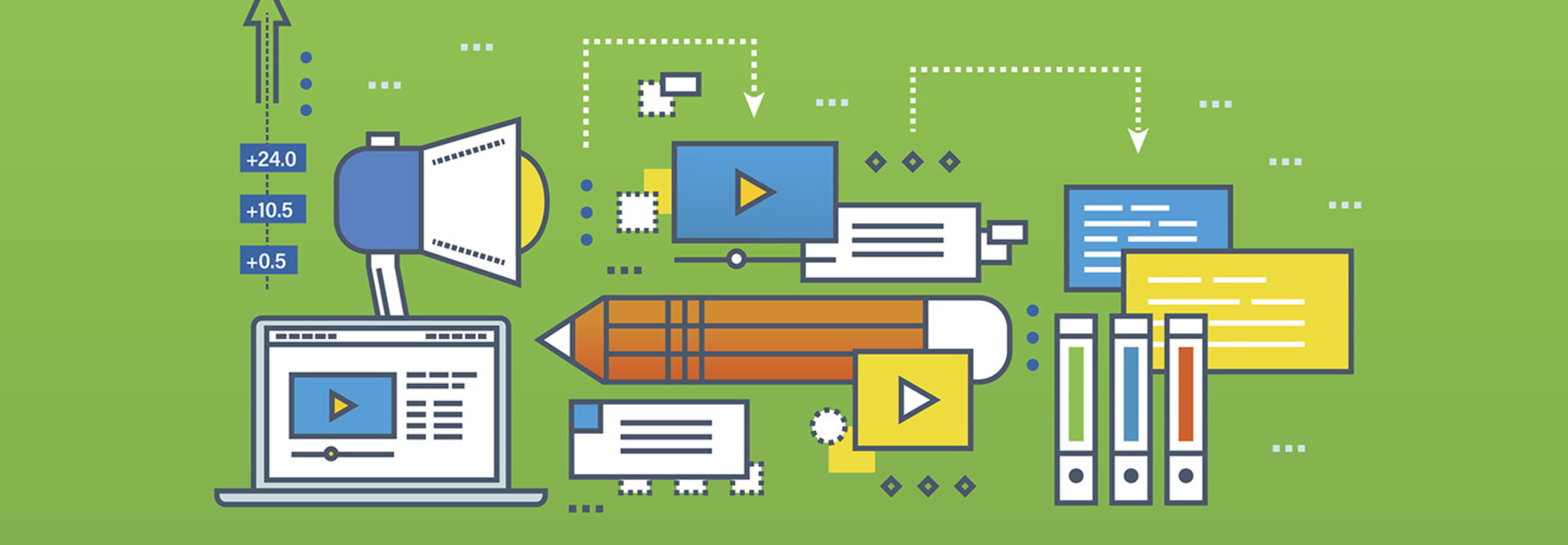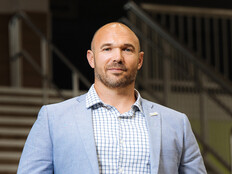Successful Online Education in K–12 Requires Accountability
Online education has long been a staple of colleges and universities to expand access to education.
Virginia Governor Terry McAuliffe is hoping to unlock this potential for K–12 schools in the state. Earlier this year, McAuliffe proposed a bill that, if approved, would require that schools offer the option of a full-time online education for students, Education Week reports.
The plan would build on Virtual Virginia, the state’s existing online program. Since 2015, Virtual Virginia has offered a pilot full-time online program for 100–200 students. Serving public, private and home-schooled students, the program has all the core academic courses and electives needed to earn a diploma.
“Courses are delivered through Virtual Virginia’s secure, web-based environment, and like traditional classroom instruction, will include readings, discussion forums, written assignments, media, student presentations and projects, case studies, simulations, lab assignments, models, and opportunities for student collaboration,” reads the program’s website.
Since the program’s launch, those in government have touted its potential to provide equitable access for rural students and personalization for those who thrive academically with independent study.
“We’re excited to offer this opportunity to high school students, especially those with the potential for thriving in a nontraditional instructional setting,” State Superintendent of Public Instruction Steven R. Staples tells the Richmond Times-Dispatch. “This expansion of the Virtual Virginia program provides more choice and flexibility to students seeking a high school diploma.”
Education Week reports that the state of Virginia’s new plan for expansion would include regional boards that work within school districts to develop their own online program.
“The idea is that even though they would be a full-time virtual student, they would enroll in their local public school and maintain a connection to those schools,” says Virginia’s Deputy Education Secretary Holly Coy in the article. “We think that’s part of accountability.”
Lessons Learned from Successful Online Programs
Though only Florida has enacted a law like the one Virginia is proposing, many states offer full-time online education, though some to middling results.
According to an article on The Hechinger Report, online education for K–12 students has been a tumultuous topic, but it can be quite successful.
“Amid all the bad news, [New Hampshire’s] Virtual Learning Academy Charter School stands out as an online success story. On average, the school’s full-time students typically equal or modestly exceed New Hampshire average scores on state reading and math tests, as well as on the SAT.”
The article argues that this program owes its success not only to the self-paced, personalized education it offer, but also to the relationships fostered between students, teachers and parents.
Though the students don’t report to a brick-and-mortar school like Virginia is proposing, the regular communication between teachers and students creates a nurturing educational community.









